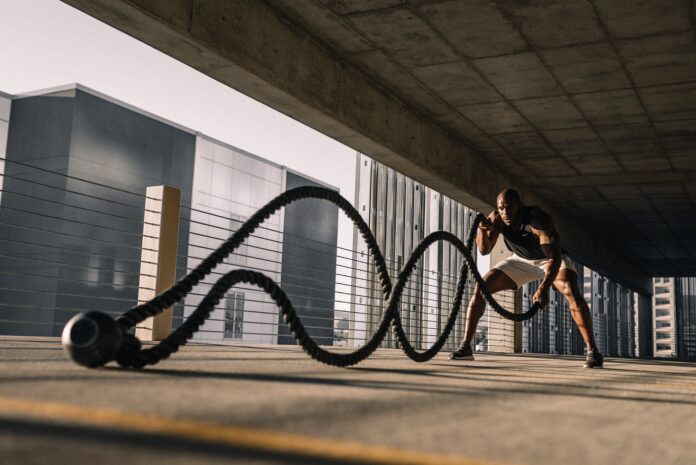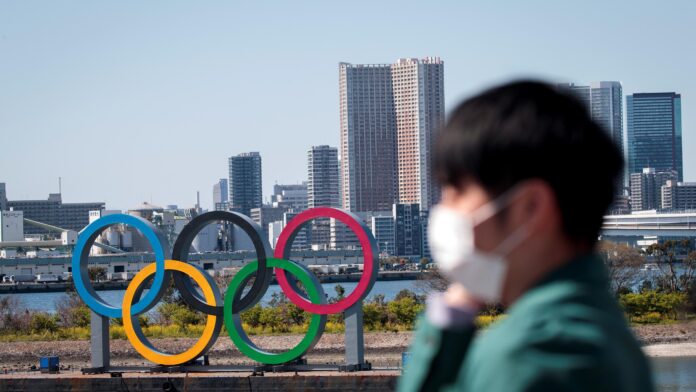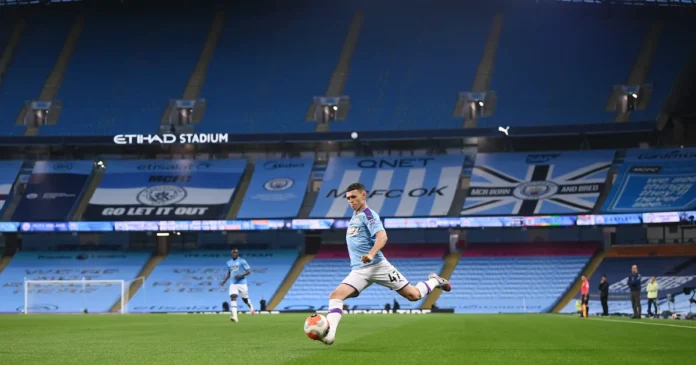The Covid-19 pandemic has impacted millions of people across the world, and it’s safe to say that everyone’s life has changed or been impacted at some point during the last couple of years. Having schools, workplaces, and gathering spaces closed during nationwide lockdowns has been tough on everyone, and we’ve had to get used to wearing masks whenever we’re around other people. However, the uncertainty of the pandemic has in many ways been particularly tough on athletes.
Not only did athletes lose the chance to keep playing their sport and lose the socialization elements of being on a team, but they also couldn’t even work out to keep up their fitness levels. Now that we are a couple of years into the pandemic, the true impact of Covid-19 on athletes is coming into sharper focus. Do athletes feel like they’ve lost precious years of their career? Has their performance been impacted in any way? Would they consider prolonging their career to play in front of fans once again? Here’s how Covid-19 has changed athletes.
The Impact on An Athlete’s Physical Health

When all team sports were banned and many gyms and other indoor sports areas closed, athletes did experience a period of time when they were not able to conduct as much physical activity as they were used to. Some athletes found solutions by investing in at-home gym equipment, while others embraced new workout methods, often outside to lower the risk of transmission. Others, however, were not able to train like they used to and did experience loss of physical performance or an increase in muscle atrophy and body fat. This may have contributed to increases in injuries once games and workouts did resume. One study looked specifically at the pandemic’s impact on athletes, finding that aerobic capacity (also called your VO2 max) had a decline as well.
For young athletes in particular, the pandemic especially made an impact, as younger athletes depend on competing and training to improve their overall skills. Young athletes also lost opportunities for social interaction, and anything they did for their sport they had to complete on their own.
The Impact on An Athlete’s Mental Health

One of the greatest tolls of the pandemic is the way it has impacted mental health. Like other current events, Covid-19 has changed the way we think about ourselves and other people, as well as changed the way we live, play, and work with others. The isolation of lockdowns had a lasting impact on people, especially anyone who counted on their sports and teams for socialization. For better or worse, Covid-19 changed the way that sports are conducted for a long time. To read more about how current events are impacting us, check out some of the articles on BetterHelp’s website.
While athletes are often at prime physical fitness, this doesn’t mean that they don’t navigate their own mental health challenges. Athletes have also experienced mental health effects from the pandemic and experienced increased rates of anxiety, depression, and stress. Whether it was a season cut short or a championship run ended abruptly, every athlete has a story to tell about the day sports abruptly ended. And every athlete can certainly recall the pure joy of returning to the court, gridiron or field after the pause, even if it wasn’t in front of fans, friends, or family. It may have been a long road back, but it was certainly appreciated by every athlete, young and old.
Isolation in particular can make it difficult for athletes to maintain their typical performance levels. They may also have experienced reduced access to the training equipment they needed or even food that they were used to eating. Or they may have leaned on teammates to boost their mental health, as the support and care in a team environment is often a dominant social force in an athlete’s life.
Part of being an athlete is adapting to change and being able to perform no matter the conditions: injuries, weather delays or coaching changes. All these are unpredictable and challenging for an athlete to navigate. Depending on their expertise and situation, some athletes were able to adapt to the pandemic and experience the last couple of years with little-to-no changes in their performance, while others found their relationship with sports change completely. Think about an athlete who was injured during the Covid-19 hiatus and how they likely benefited from the pause in activity. Or consider the athlete at their peak who missed out on an MVP season. It’s safe to say the experience varied for everyone who consider themselves an athlete. You might consider asking a friend or family member competing in athletics to share their own story and learn about the challenges they faced.
Covid-19 has definitely had an impact both mentally and physically on athletes all across the globe, young and old, novice to elite. This doesn’t mean that their performance has changed forever. But it means today’s athletes will forever be shaped by Covid-19, especially in the mental health space.
The Impact on The Olympics

On the biggest stage, it’s clear that Covid-19 had a dramatic impact on the Tokyo 2020 and Beijing 2024 Olympic Games. Not only did Covid-19 delay the 2020 Summer Olympics under much uncertainty, it changed the Olympic experience for the world’s top athletes when the Games did take place during the pandemic.
Athletes at the 2020 Games were tested twice before flying to Tokyo, and athletes were then tested daily once on-site. Many athletes’ families had to watch on television instead of in-person, as there was a strict bubble in place to protect the athletes, coaches, media, and other support members.
Events were mostly held without spectators — sometimes fellow athletes’ teammates were in attendance. The experience was similar for the 2020 Winter Olympics in Beijing. While the changes still allowed many athletes to compete, some may have not had the “traditional Olympic experience,” with athletes mingling from different countries in the Olympic Village. It’s reasonable to think that the Olympic experience during Covid-19 may drive some athletes to prolong their careers, as the Olympic experience is often regarded as a once-in-a-lifetime moment.







